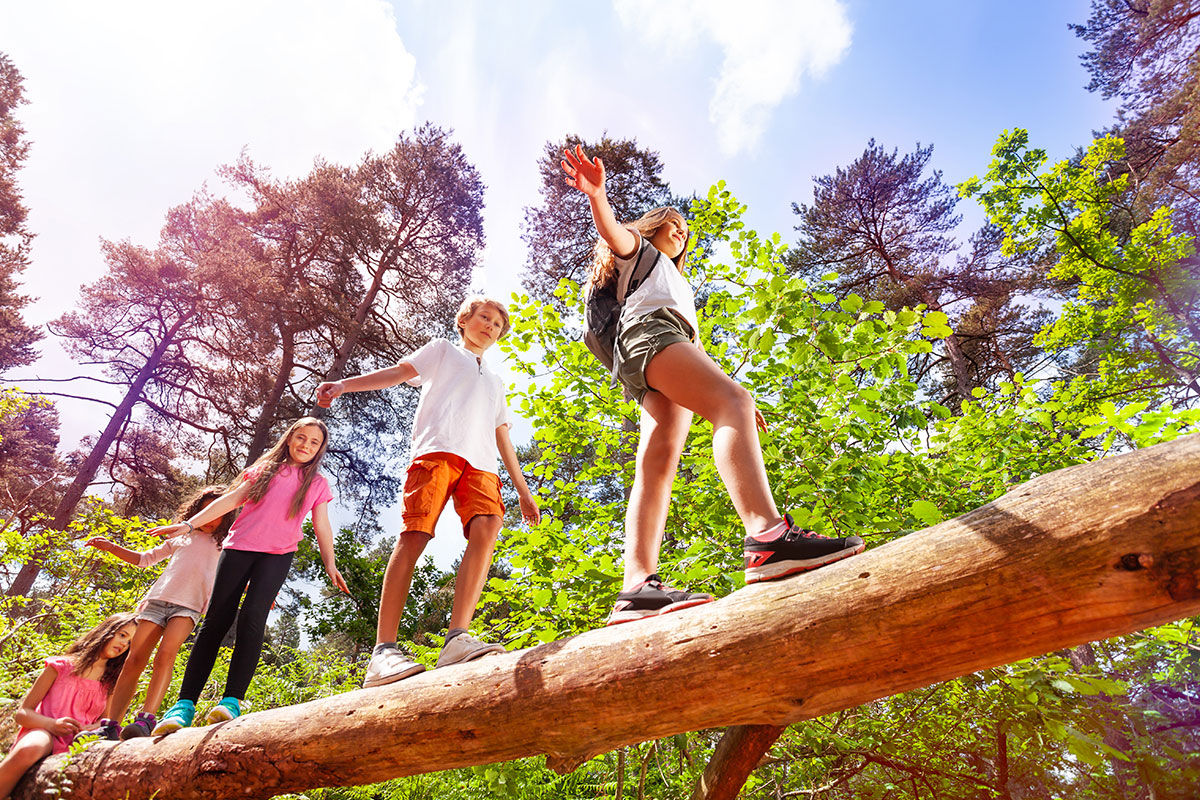When your 13-year-old returns from a sleepaway camp, it can be a mix of emotions for both parents and the teenager. The experience undoubtedly leaves lasting memories and often prompts various questions. In this article, we’ll explore the dynamics of a teenager’s return from a sleepaway camp, offering insights, addressing common concerns, and providing guidance based on natural language processing (NLP) and related searches.
The Return: Navigating the Post-Camp Transition
The moment your 13-year-old walks through the door after a sleepaway camp adventure can be both exciting and challenging. Understanding the dynamics of this transition is crucial for parents.
Reconnecting with Your Teen: Tips for Parents
NLP analysis reveals that parents often seek advice on reconnecting with their teens post-camp. Engaging in open conversations about their experiences, expressing genuine interest, and allowing them space to share their stories can foster a deeper connection.
Addressing Potential Challenges: Behavioral Changes
Parents frequently express concerns about potential behavioral changes after sleepaway camp. It’s not uncommon for teens to exhibit newfound independence or assertiveness. Patience, active listening, and maintaining consistent communication can help navigate these changes smoothly.
Coping with Post-Camp Blues: A Common Phenomenon
Post-camp blues are a prevalent experience for teenagers returning from sleepaway camps. According to related searches, parents often wonder how to help their teens overcome these feelings. Encouraging them to share their experiences, organizing reunions with camp friends, and involving them in post-camp activities can alleviate the blues.
FAQ: Common Concerns After Sleepaway Camp
Why is my teen more independent after camp? Sleepaway camps often encourage independence and self-reliance, fostering personal growth and confidence in teenagers.
Is it normal for my teen to be reserved about their camp experiences? Yes, many teens take time to process and share their camp adventures. Encourage open communication and be patient.
How can I support my teen in readjusting to home routines? Gradually reintroduce routines, involve them in family activities, and allow them time to transition back to their daily life.
What if my teen expresses a desire to go back to camp immediately? This is common, as teens often form strong connections at camp. Discuss their feelings, explore the reasons behind it, and consider future camp opportunities.
Should I be concerned about changes in my teen’s friendships post-camp? While some friendships may evolve, it’s a natural part of growing up. Encourage social activities and provide support as they navigate these changes.
Conclusion
The return of a 13-year-old from sleepaway camp marks a significant milestone in their personal development. Navigating this transition requires a balance of understanding, communication, and patience. By acknowledging the potential changes in behavior, addressing post-camp blues, and actively engaging with your teen, you can foster a positive environment for them to share their experiences. Embrace the newfound independence, celebrate the growth, and cherish the memories created during their time away.

